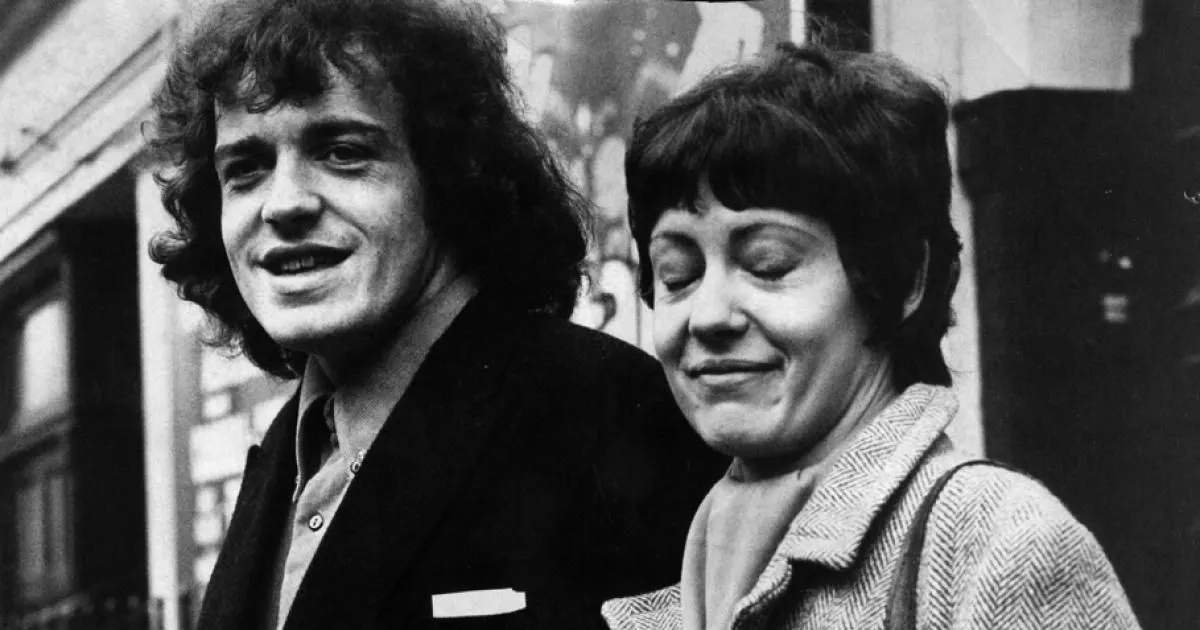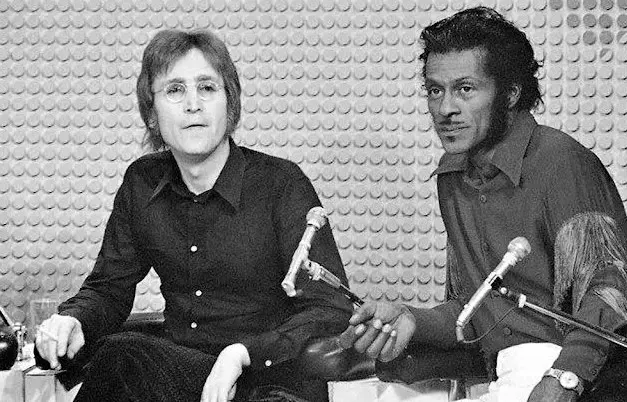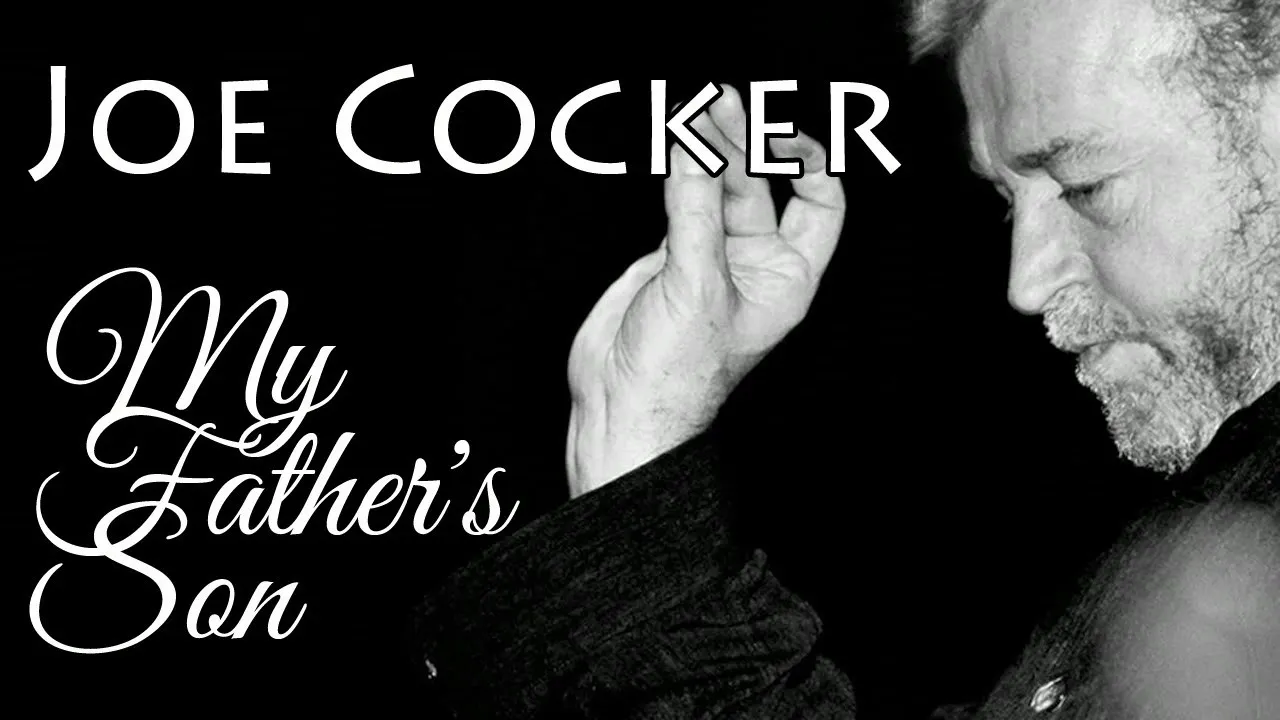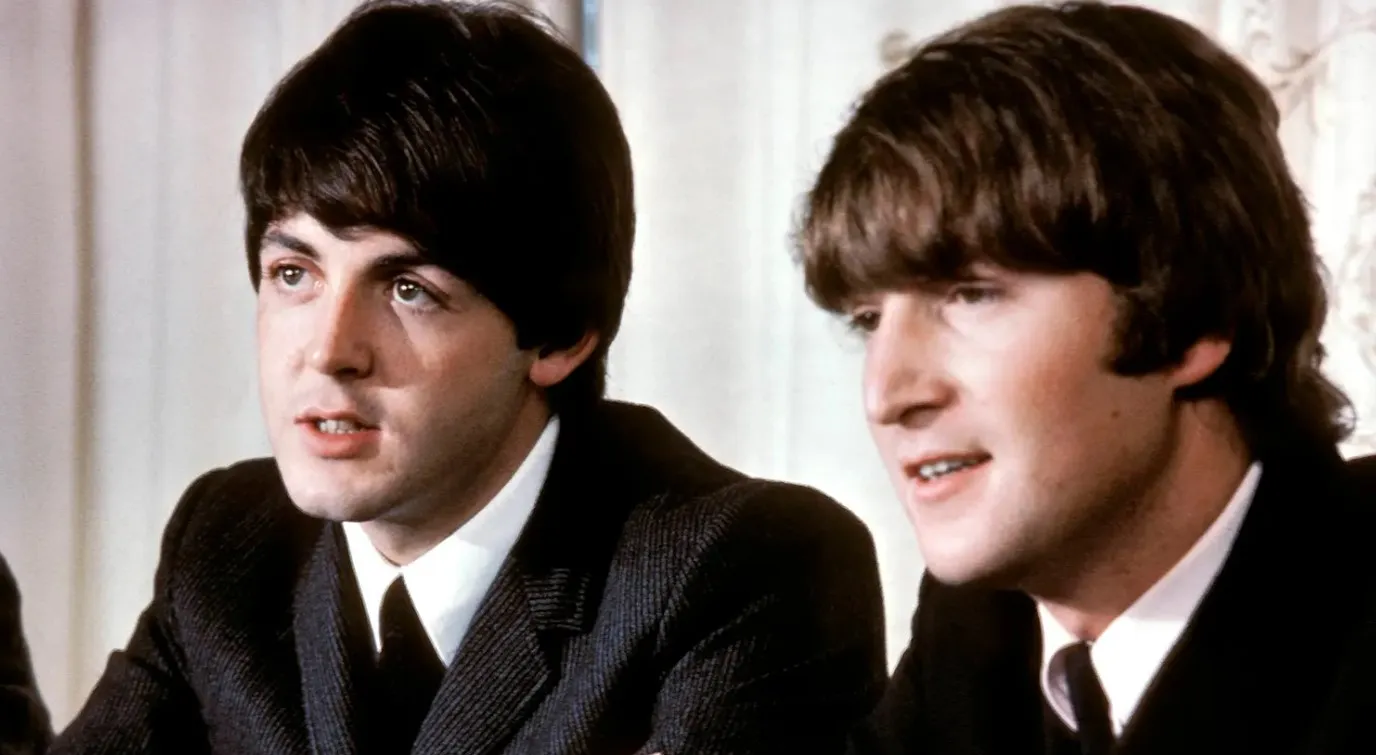John Lennon, the voice of a generation and one of the most influential musicians in history, was no stranger to controversy. As a member of The Beatles, he helped shape modern music, but it was his outspoken views on politics, society, and war that often placed him in the crosshairs of public debate.
In a 1970 interview with Rolling Stone magazine, Lennon made headlines once again by describing himself as a “communist” and expressing his belief in a “classless society.” His statements, especially in the context of the political climate of the time, were nothing short of provocative.
Lennon’s Political Awakening

Lennon’s political evolution began in earnest during the 1960s, a decade marked by social upheaval, civil rights movements, and widespread opposition to the Vietnam War. The Beatles, initially known for their catchy pop tunes and charming personas, began to reflect the changing times in their music and public statements. Lennon, in particular, became increasingly vocal about his views on peace, justice, and equality.
By 1970, the Beatles had disbanded, and Lennon was exploring his identity as a solo artist. His personal life was also undergoing significant changes, with his relationship with Yoko Ono and their shared activism becoming central to his public image. It was during this period that Lennon began to articulate more radical political views, culminating in the infamous Rolling Stone interview.
The 1970 Rolling Stone Interview: A Declaration of Beliefs

In the December 1970 issue of Rolling Stone, John Lennon sat down for an extensive interview with journalist Jann Wenner. The interview, which covered a wide range of topics, was raw, candid, and deeply personal. Lennon, who had just released his solo album John Lennon/Plastic Ono Band, spoke openly about his disillusionment with fame, his struggles with his identity, and his growing political consciousness.
But it was his comments on politics that garnered the most attention. When asked about his political beliefs, Lennon didn’t hold back. He described himself as a “communist,” clarifying that he wasn’t talking about the rigid, state-controlled communism of the Soviet Union, but rather a belief in a “classless society.” Lennon expressed his frustration with the capitalist system, which he saw as exploitative and inherently unjust.
“I believe in a classless society,” Lennon stated, “where people aren’t divided by money, status, or privilege. I’m not talking about some dictator running the show—I’m talking about real equality, where everyone has a fair shot.”
Lennon’s words reflected his deepening commitment to social justice and his desire to see a world where the rich didn’t exploit the poor, and where everyone had access to the same opportunities. His use of the term “communist” was provocative, especially in the context of Cold War tensions, but it was clear that Lennon was more interested in the principles of equality and fairness than in aligning himself with any particular political ideology.
Opposition to the Vietnam War

Lennon’s political views were also shaped by his vehement opposition to the Vietnam War. By 1970, the war had become a flashpoint for anti-establishment sentiment, particularly among the youth. Lennon and Ono had already made headlines with their “Bed-Ins for Peace,” a form of protest where the couple invited the media to their hotel room to discuss peace and end the war.
In the Rolling Stone interview, Lennon didn’t mince words about his feelings toward the Vietnam War. He condemned it as an unjust conflict driven by imperialist interests, and he expressed his solidarity with the anti-war movement. For Lennon, the war was a symptom of a much larger problem—the unchecked power of governments and corporations that prioritized profits over people’s lives.
“I can’t stand by and watch while innocent people are being slaughtered in the name of freedom,” Lennon declared. “The war is a travesty, and it’s our responsibility to speak out against it. We have to demand an end to the killing.”
Lennon’s anti-war stance was not just about ending the conflict in Vietnam; it was part of a broader critique of the systems of power that perpetuated violence and oppression around the world. His activism was rooted in a belief that ordinary people had the power to create change, and that by standing together, they could challenge the status quo.
Support for Civil Rights and Social Justice

In addition to his opposition to the Vietnam War, Lennon was a vocal supporter of civil rights and social justice. He was deeply inspired by the civil rights movement in the United States and admired leaders like Martin Luther King Jr. and Malcolm X. Lennon saw the struggle for civil rights as part of a larger fight against inequality and injustice, and he was committed to using his platform to advocate for these causes.
During the Rolling Stone interview, Lennon spoke about his desire to see a world where everyone was treated with dignity and respect, regardless of their race, gender, or background. He criticized the systemic racism and inequality that plagued society and called for a fundamental transformation of the way people treated each other.
“We have to break down the barriers that divide us,” Lennon said. “Racism, sexism, classism—they’re all part of the same system of oppression. We need to create a society where everyone is valued for who they are, not what they are.”
Lennon’s commitment to social justice was evident in both his words and his actions. He and Ono frequently participated in protests, benefit concerts, and other forms of activism, using their celebrity status to draw attention to important causes. Lennon’s music also reflected his beliefs, with songs like “Imagine” and “Give Peace a Chance” becoming anthems for peace and equality.
Was John Lennon Really a Communist?
The question of whether John Lennon was truly a communist is complex. While he identified with certain principles of communism, particularly the idea of a classless society, he was also wary of authoritarianism and dogma. Lennon’s political views were fluid, evolving over time as he grappled with the realities of the world around him.
In many ways, Lennon’s embrace of the term “communist” was more about challenging the status quo and expressing his desire for radical change than about endorsing a specific political ideology. He was critical of both capitalism and state-controlled communism, seeing flaws in both systems. What Lennon ultimately wanted was a world where people were free from exploitation and oppression, where love and compassion guided human interactions.
Lennon’s willingness to identify as a “communist” in 1970 was undoubtedly provocative, especially given the political climate of the time. But it was also indicative of his deep-seated belief in the power of ordinary people to create a better world. For Lennon, the labels were less important than the values they represented—equality, justice, and peace.
The Legacy of Lennon’s Political Views
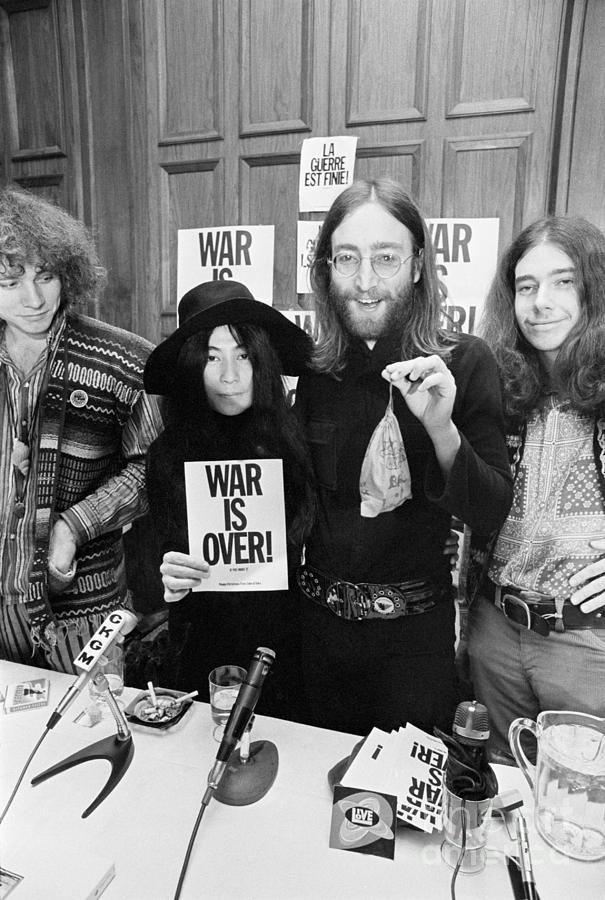
John Lennon’s political views, as expressed in his 1970 Rolling Stone interview, continue to spark debate and discussion. His willingness to speak out on controversial issues, even at the risk of alienating fans or facing backlash, is a testament to his commitment to his beliefs. Lennon’s activism was an integral part of his identity, and it influenced both his music and his public persona.
Today, Lennon’s legacy as an artist and activist endures. His songs of peace and love continue to inspire generations, and his commitment to social justice remains relevant in a world still grappling with many of the same issues he fought against. Whether or not one agrees with his political views, there’s no denying the impact Lennon had on the cultural and political landscape of his time.
In the end, Lennon’s 1970 Rolling Stone interview offers a glimpse into the mind of a man who was constantly questioning, challenging, and seeking to understand the world around him. His declaration of being a “communist” was just one facet of a larger, more complex worldview—one that was driven by a profound desire for a more just and equitable society.
